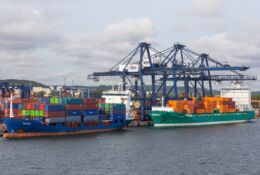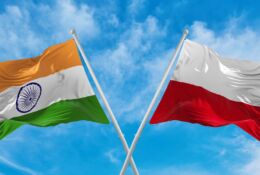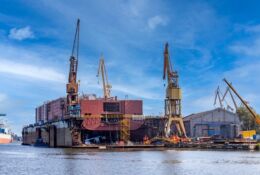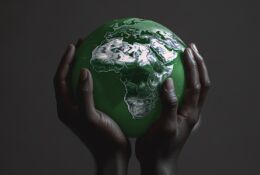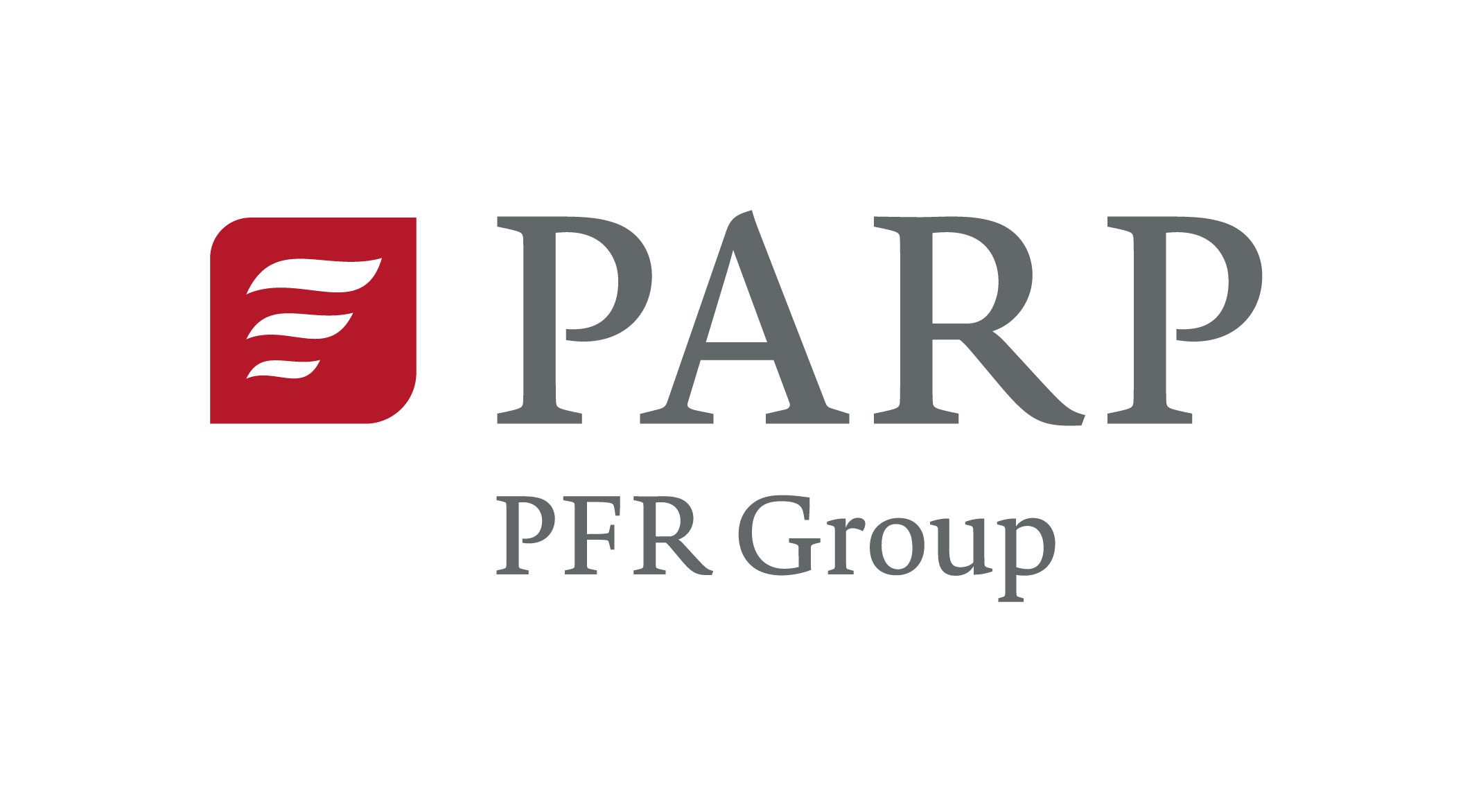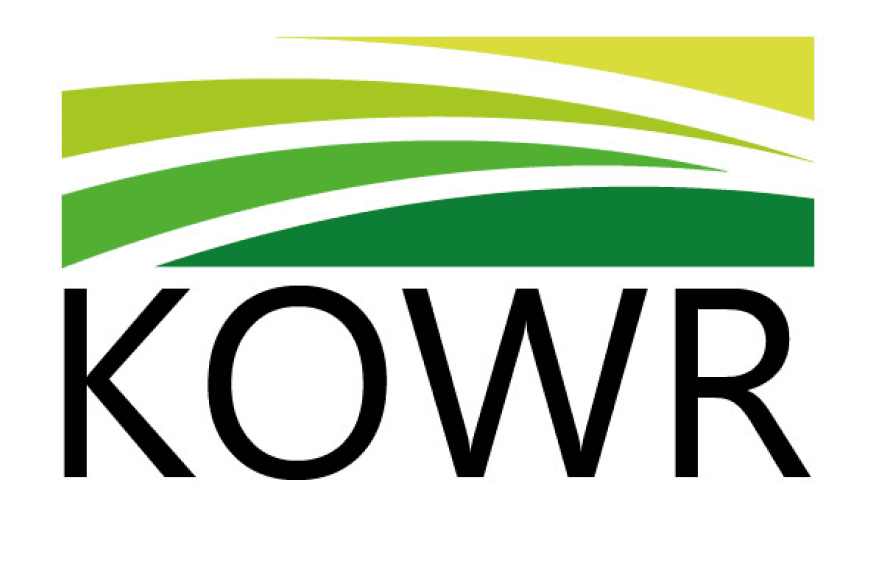The Polish economy and critical dependencies on imports
28.03.2025
According to the latest analysis by the Polish Economic Institute (PIE), in 2023 Poland imported 321 categories of goods that can be considered crucial for the functioning of the economy. Although most of them came from the European Union, the United Kingdom and Norway, some import dependencies came from non-European markets. In the face of global tensions and growing threats to supply chains, identifying these dependencies has become increasingly important.
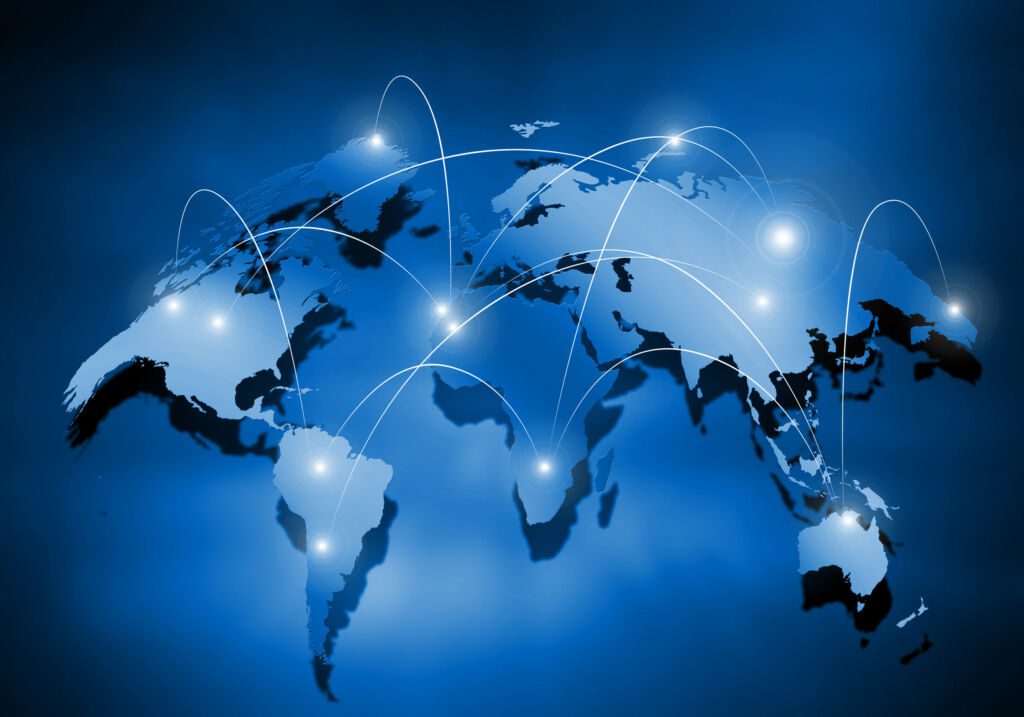
Poland, like other EU countries, strives to secure supplies of strategic raw materials and technologies. To this end, the European Commission has developed the External Vulnerability Index(EXVI), which allows the assessment of the level of vulnerability of economies to foreign trade disruptions.
The External Vulnerability Index (EXVI) – a tool for analysing security of supplies
Critical analysis of international trade dependencies requires precise tools. In response to these needs, the European Commission has developed the EXVI indicator, which assesses:
- the degree of dependence on foreign suppliers,
- the competitive position of a given country on the global market,
- disruption to key supply chains.
This indicator takes values from 0 (low susceptibility) to 1 (high susceptibility). PIE analyses indicate that in Polish imports, the highest EXVI values were recorded in the biotechnology sector (0.27), as well as in the pharmaceutical, clean-tech, space and defence industries (0.21-0.24).
What products are of strategic importance for Poland?
According to the PIE report, in 2023, as much as 2.2 percent of the value of Polish imports came from commodity categories considered strategic.
The largest share of these products (1.6 percent) came from European Union countries, the United Kingdom and Norway. However, 0.6 percent of the value of imports depended on suppliers outside Europe, including China and the United States.
The most important product groups with a high EXVI index indicated by PIE include:
- LCD display modules and distillation plants – mainly imported from China;
- nickel alloys and components for the aerospace industry – key suppliers are the United States;
- biotechnological products – a sector in which Poland is particularly exposed to import dependencies.
Key sectors in the PIE analysis
The Polish Economic Institute points out that the greatest risk related to critical dependencies concerns the following sectors:
- biotechnology (bio-tech) – the EXVI index was 0.27, and critical relationships apply to 46 commodity categories. In most cases, the main suppliers are EU countries and the UK, but some of the products come from China and India.
- medical, pharmaceutical, clean-tech, space and defence sectors – the EXVI value ranges from 0.21 to 0.24.
Some of the products indicated by PIE as key for Polish imports are:
- solar water heaters – important for the energy transition;
- distillation and rectification installations – crucial for the chemical sector;
- specialized components for the aerospace and defense sector – of great importance for the country’s security.
How Poland secures its interests?
Poland, following the recommendations of the European Commission, is taking steps to increase the stability of supplies. Key ways include:
- diversification of suppliers – looking for alternative sources of raw materials and products to reduce the risk of over-dependence on one country.
- strengthening domestic production – investing in strategic sectors of the economy to become independent of foreign suppliers.
- dependency monitoring – using analytical tools such as EXVI to assess risk and predict potential problems in supply chains.
Global challenges and trade policy
PIE emphasizes that in recent years, global crises – from pandemics to geopolitical tension – have shown how important it is to take care of economic security. Shortages of semiconductors, problems with the supply of medicines or disruptions in maritime transport have affected prices and availability of many products.
Industrial and trade policies aimed at strengthening the resilience of the economy are therefore playing an increasingly important role. Poland actively participates in EU initiatives, such as the European Chips Act (support for semiconductor production) or the Critical Raw Materials Act (securing access to critical raw materials).
Identification of critical dependencies and strategic action taken by Poland and the European Union allow for effective strengthening of economic resilience. In the face of the challenges posed by global trade, regular risk monitoring and appropriate trade policies are essential to ensure stable development.
- Everything
- News (326)
- Events (183)
- Get Support (83)
- Polish companies (1338)
-

Nomo – dystrybutor stolarki aluminiowej
Show more Show lessNOMO is a premium brand of Stolbud, a Polish manufacturer of high-quality aluminum glazing systems. We specialize in panoramic and slim-profile aluminum windows, sliding doors, curtain walls, winter gardens, and custom glass solutions for residential and commercial projects. We work with architects and developers, delivering precise, energy-efficient systems for modern architecture and international markets.
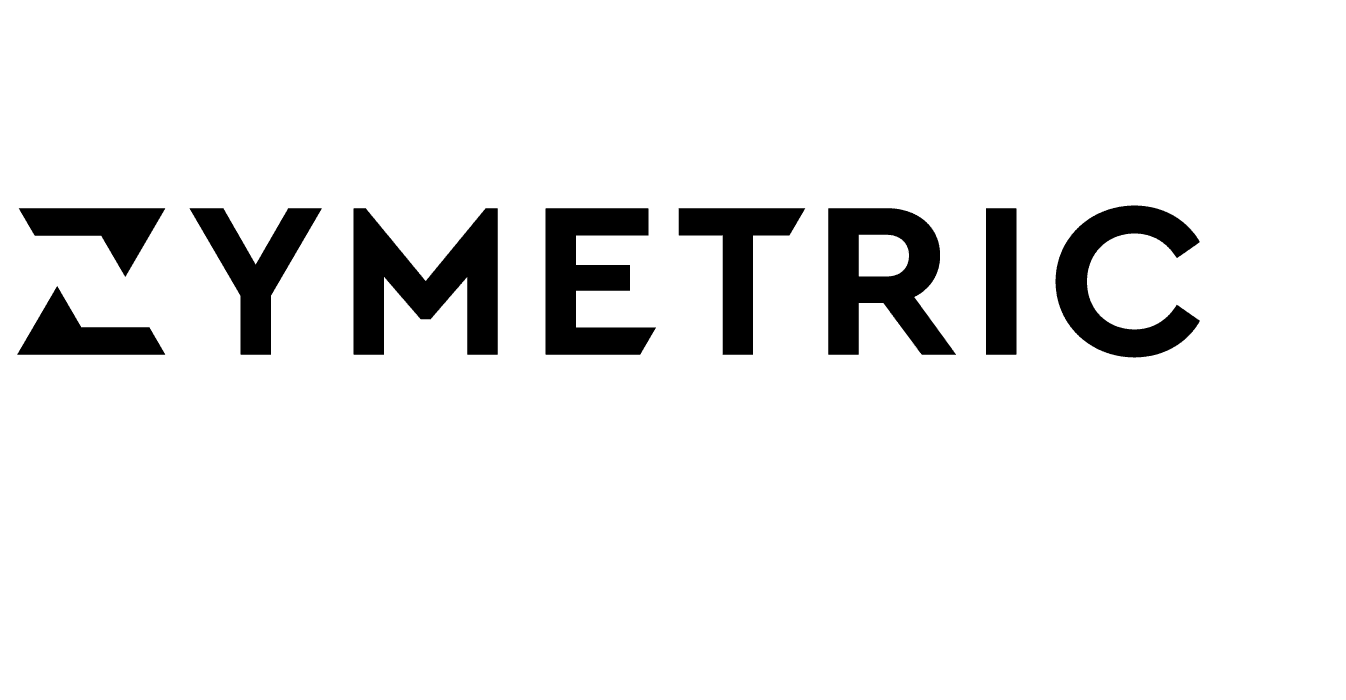
ZYMETRIC SPÓŁKA Z OGRANICZONĄ ODPOWIEDZIALNOŚCIĄ
Show more Show lessZymetric and Aircon team up as top HVAC specialists in Poland. Zymetric is the exclusive Midea distributor, supplying air conditioners, heat pumps (up to 7-year warranty), VRF systems and ventilation to homes, offices, factories via 11 branches and 5,500 m² warehouses. Aircon adds cooling expertise. We export premium gear with design support, 10k+ projects done, 5k certified installers. Ready for EU partnerships!
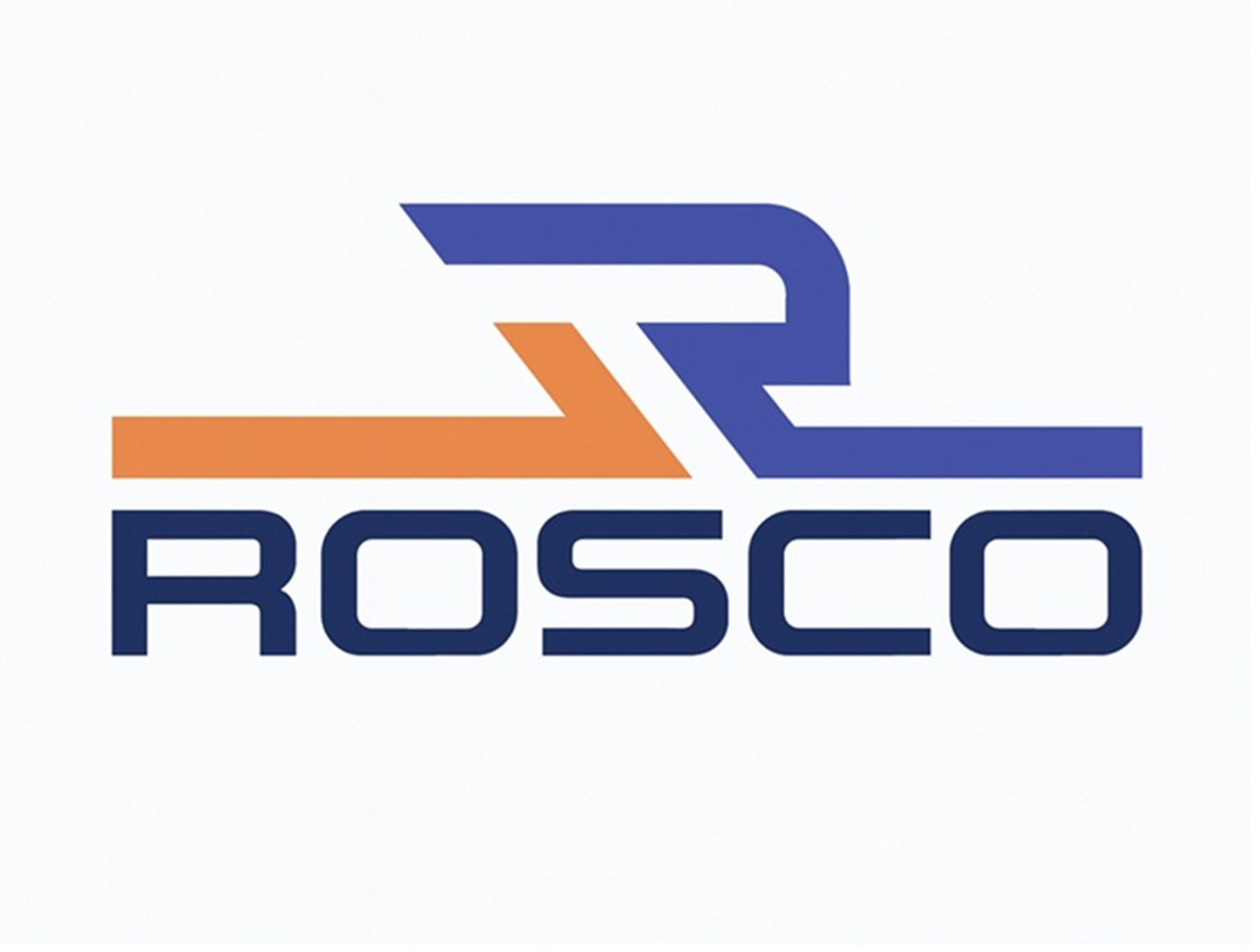
ROSCO PIM SPÓŁKA Z OGRANICZONĄ ODPOWIEDZIALNOŚCIĄ
Iron, steel and articles thereofOther metals and articles thereofIndustrial machinery and mechanical appliances and parts thereofAgricultural machinery and parts thereofLocomotives, rolling stock, special vehicles and parts thereofVehicle parts (excluding engines)Other goodsShow allShow more Show lessWe specialize in assembly, manufacturing, welding, maintenance, and repair services. We carry out projects in accordance with schedules and technical documentation provided by our clients. We manufacture structural components and forms made of carbon steel, stainless steel, and special steels. Our services also include surface treatment, coating, and other technological processes. We hold the following certifications: PN-EN 1090-1 and 1090-2, PN-EN 3834-2, PN-EN 13480, and ISO 9001.
-
 Event
EventCentral European BioForum 2026
The Association of Biotechnology Companies BioForum invites you to take part in CEBioForum 2026
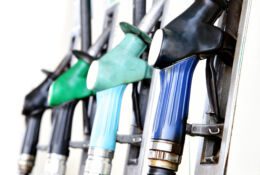 Event
EventXXXI International Fair PETROL STATION 2026
The International Fair PETROL STATION 2026 will take place on 13–15 May 2026 at EXPO XXI, Warsaw, Po…
-
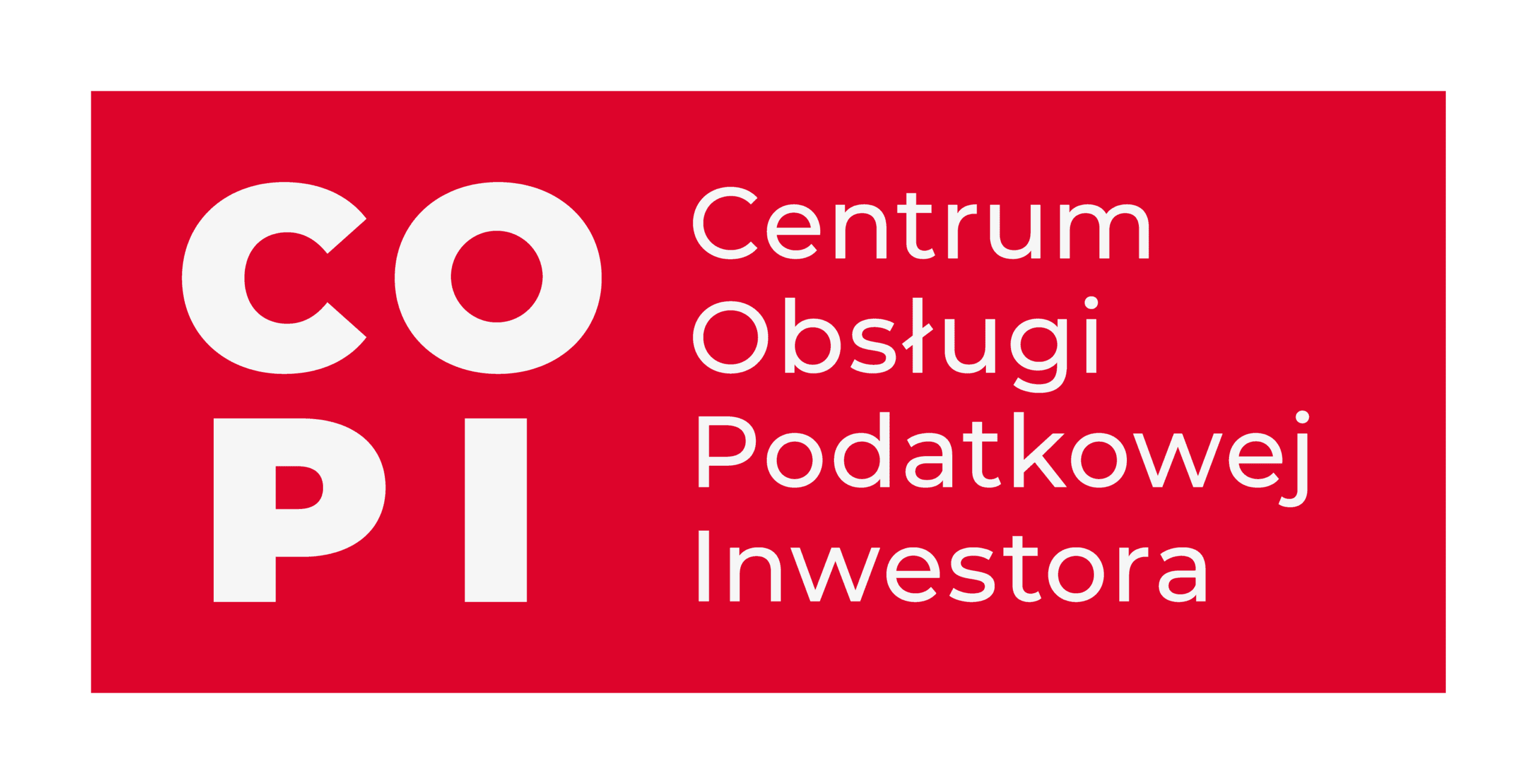 Institution
InstitutionThe Investor Tax Service Center
The Investor Tax Service Center is a unit operating within the Ministry of Finance
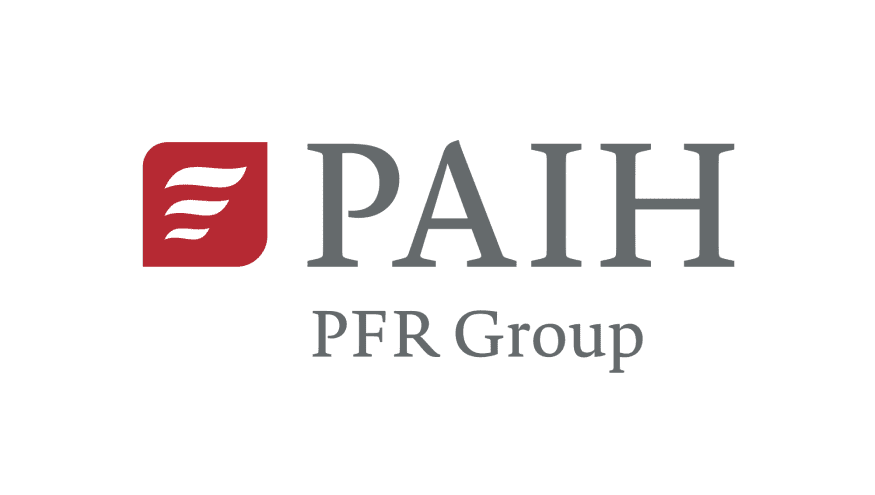 Institution
InstitutionPolish Investment and Trade Agency (PAIH)
The Polish Investment and Trade Agency (PAIH) is the partner of first-resort for entrepreneurs when …
-

Nomo – dystrybutor stolarki aluminiowej
Show more Show lessNOMO is a premium brand of Stolbud, a Polish manufacturer of high-quality aluminum glazing systems. We specialize in panoramic and slim-profile aluminum windows, sliding doors, curtain walls, winter gardens, and custom glass solutions for residential and commercial projects. We work with architects and developers, delivering precise, energy-efficient systems for modern architecture and international markets.

ZYMETRIC SPÓŁKA Z OGRANICZONĄ ODPOWIEDZIALNOŚCIĄ
Show more Show lessZymetric and Aircon team up as top HVAC specialists in Poland. Zymetric is the exclusive Midea distributor, supplying air conditioners, heat pumps (up to 7-year warranty), VRF systems and ventilation to homes, offices, factories via 11 branches and 5,500 m² warehouses. Aircon adds cooling expertise. We export premium gear with design support, 10k+ projects done, 5k certified installers. Ready for EU partnerships!

ROSCO PIM SPÓŁKA Z OGRANICZONĄ ODPOWIEDZIALNOŚCIĄ
Iron, steel and articles thereofOther metals and articles thereofIndustrial machinery and mechanical appliances and parts thereofAgricultural machinery and parts thereofLocomotives, rolling stock, special vehicles and parts thereofVehicle parts (excluding engines)Other goodsShow allShow more Show lessWe specialize in assembly, manufacturing, welding, maintenance, and repair services. We carry out projects in accordance with schedules and technical documentation provided by our clients. We manufacture structural components and forms made of carbon steel, stainless steel, and special steels. Our services also include surface treatment, coating, and other technological processes. We hold the following certifications: PN-EN 1090-1 and 1090-2, PN-EN 3834-2, PN-EN 13480, and ISO 9001.
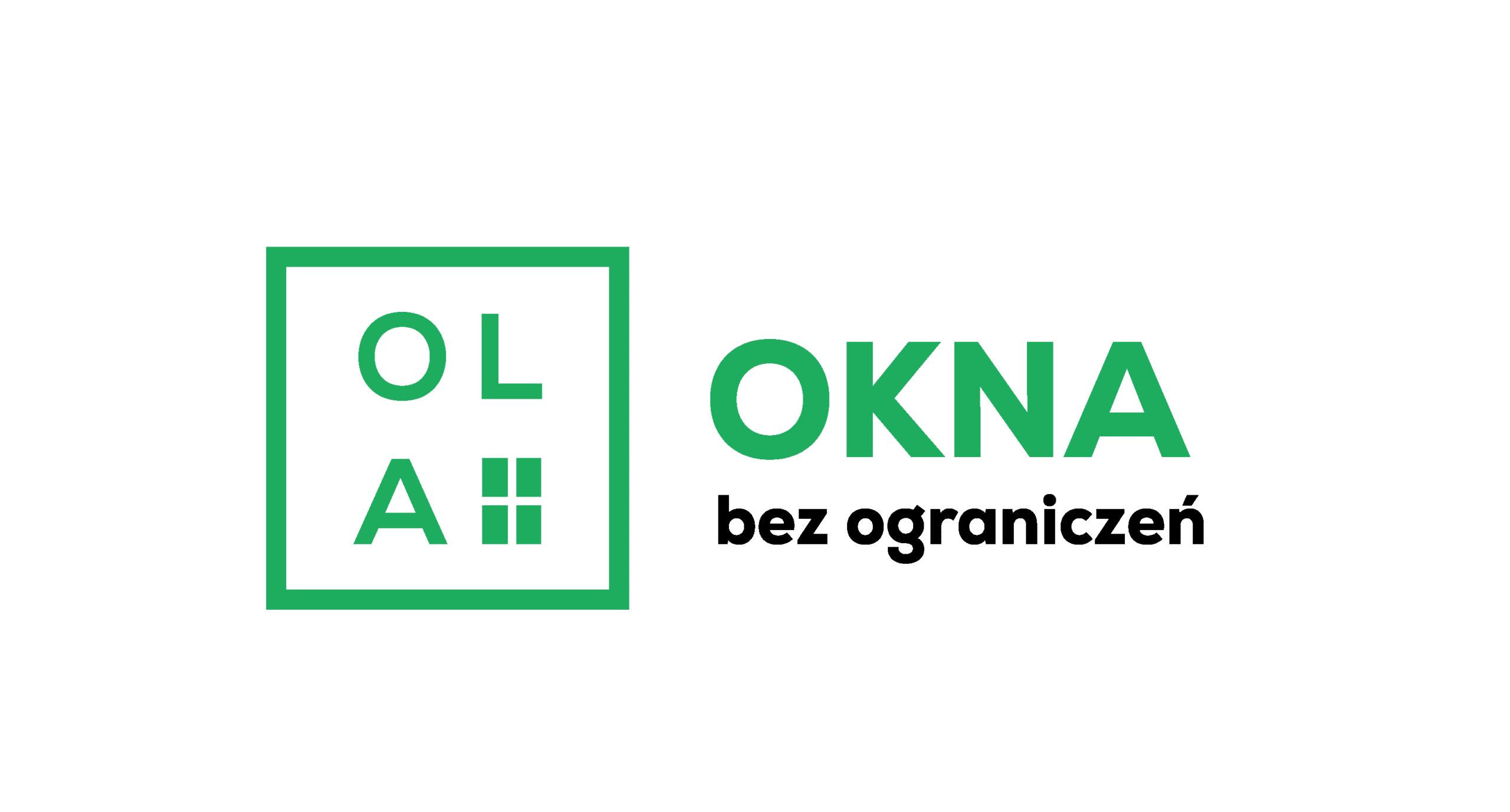
OLA OKNA SPÓŁKA Z OGRANICZONĄ ODPOWIEDZIALNOŚCIĄ
Show more Show lessSince 1992, OLA OKNA Sp. z o.o. has been setting standards in PVC joinery production in the European region. We were the first in the country to begin producing windows using the VEKA system. Our products are supplied to individual clients and large construction projects. We combine our experience in manufacturing and contract management with the highest quality materials from renowned suppliers: Veka, Deceuninck, Winkhaus, and Aluprof, ensuring that our products are durable and reliable.
The Export Promotion Portal uses cookies to make it easier for users to use the website and for statistical purposes. If you do not block these files, you agree to their use and saving in the memory of your computer or other device. Remember that you can change your browser settings to block the storage of cookies. More information can be found in Privacy Policy and Terms and conditions.
